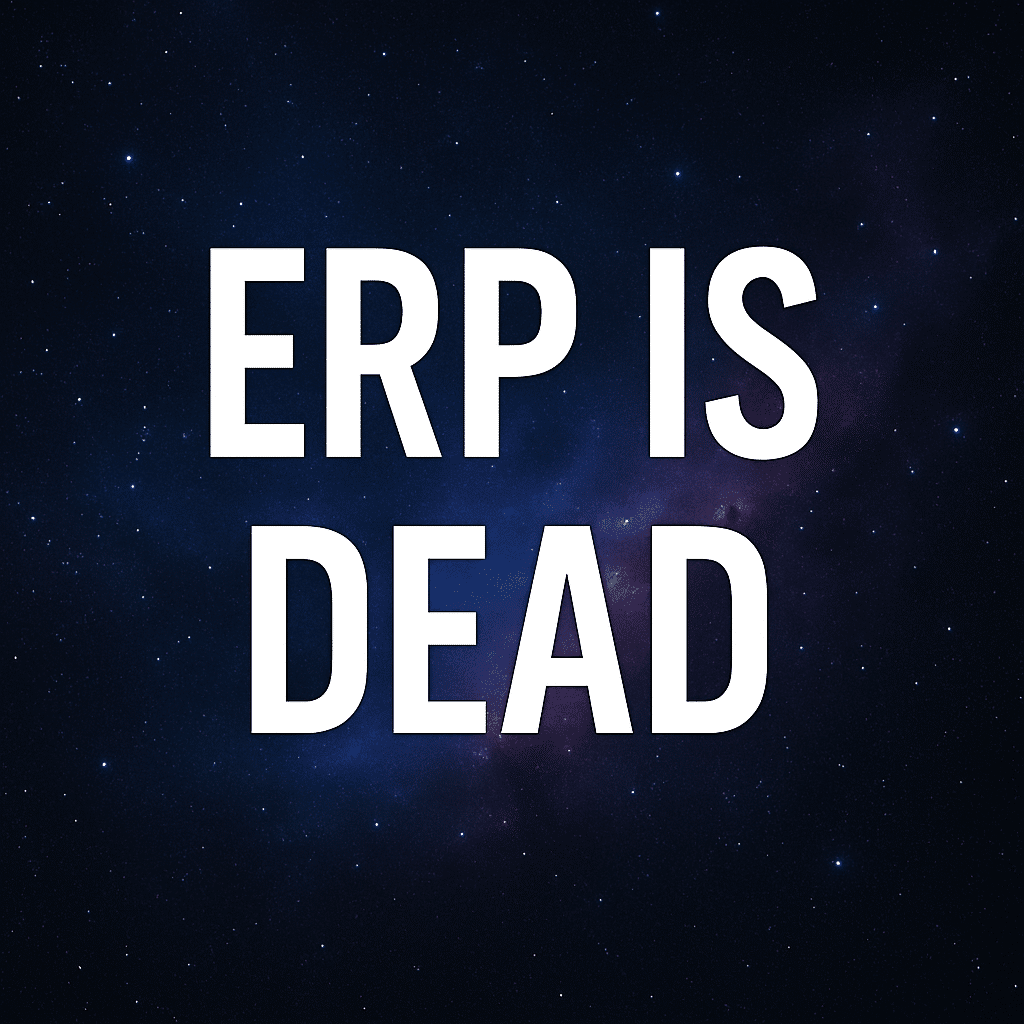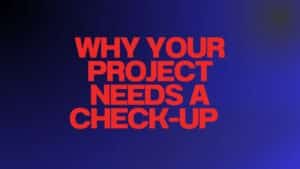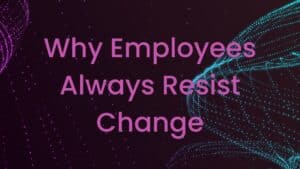By Third Stage Consulting
“ERP is dead.”
It’s a bold statement—and maybe a little dramatic—but the truth is this: ERP software as we’ve known it is no longer the uncontested king of enterprise technology.
Organizations are waking up to a new reality. They don’t always need to rip and replace a legacy system with a massive, monolithic ERP overhaul. With the explosion of AI, interoperability hubs, low-code platforms, and composable solutions, the path forward is no longer just about which ERP to choose—it’s about whether ERP is even the right solution at all.
Let’s break it down.
Table of Contents
ToggleThe Myth of ERP as the “End-All Be-All”
For decades, ERP systems were sold as the single source of truth, the digital backbone that ran everything from finance to supply chain. And in many cases, they did their job—well enough.
But the market has changed.
Technology is moving faster than legacy ERP systems can keep up. Vendors like SAP and Microsoft are pushing clients off legacy platforms with cloud-only roadmaps, but many organizations are rightfully asking:
Do we really need a brand-new ERP system, or are there smarter, faster alternatives?
What’s Replacing ERP? (Hint: It’s Not One Thing)
We’re not saying ERP systems are gone—they’re evolving. But for many organizations, the smarter move isn’t to buy into a massive reimplementation. It’s to build around what they already have.
Here are some of the emerging alternatives that are making ERP feel… well, kind of irrelevant:
- Composable ERP: Stitch together the tools that make sense for your business instead of buying a bloated suite you won’t fully use. This best-of-breed approach gives you flexibility and speed.
- AI-Driven Platforms: Tools like Palantir, Snowflake, and Databricks are enabling better orchestration and data modeling without needing ERP at the center.
- Middleware & Integration Hubs: Once seen as a technical taboo, integration layers are now powerful enablers of real-time, cross-functional data flow—without forcing a single monolithic system.
- Low-Code/No-Code Platforms: Systems like Salesforce and Odoo allow organizations to build exactly what they need with faster time to value and lower risk.
Legacy ERP Isn’t Always a Liability
One of the most common myths pushed by vendors is that your legacy ERP is obsolete just because it’s old. But many of these systems still work perfectly well as systems of record.
What if, instead of replacing them, you enhanced them?
- Use AI to extract and model your data.
- Add bolt-on applications to modernize specific functions.
- Introduce real-time reporting tools for faster decision-making.
If you’ve got good controls, clean data, and your processes are still functioning, ripping everything out might actually create more risk—not less.
The Case for Phase Zero (Yes, Again)
Before deciding whether to replace ERP or not, there’s one step every organization should take: Phase Zero.
This is the pre-project planning phase where you define:
- Your future state operating model
- Critical business requirements
- Integration strategies
- Change management and risk plans
- What you actually want out of this transformation
Don’t let vendors rush you into a cloud migration or ERP replacement. Own the roadmap.
Why This Shift Matters Now
Several forces are converging to drive this shift away from traditional ERP:
- Demand for faster ROI: Boards and stakeholders want to see value in months—not years.
- Lower risk tolerance: Failed ERP implementations are costly, time-consuming, and politically damaging.
- Evolving architecture: You no longer need to buy one huge suite to integrate data—you can design around your business, not the vendor’s limits.
- Strategic flexibility: Businesses want to pivot, scale, and adapt quickly. Legacy ERP often can’t keep up.
ERP Isn’t Dead. It’s Just Not the Only Option.
Here’s the real takeaway: ERP is evolving into something broader, more modular, and more intelligent. The future isn’t a single system—it’s a digital operating platform made up of interoperable tools designed around your business goals.
Some organizations will still need full ERP replacements. But many more will benefit from exploring alternatives that offer faster time to value, lower risk, and more agility.
The important part? Know your options. Don’t let vendors decide your future for you.
Explore the Possibilities
Ready to think beyond ERP?
📘 Check out our guide: Lessons from 1,000+ Digital Transformations
💬 Or reach out to talk strategy with our experts at Third Stage Consulting.






